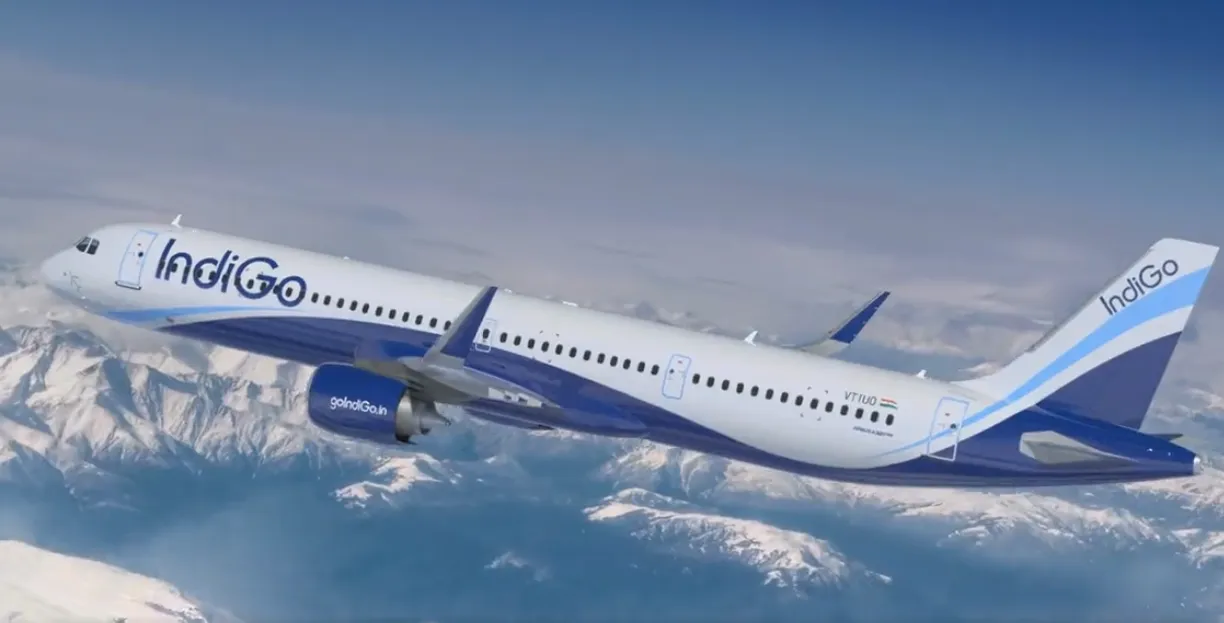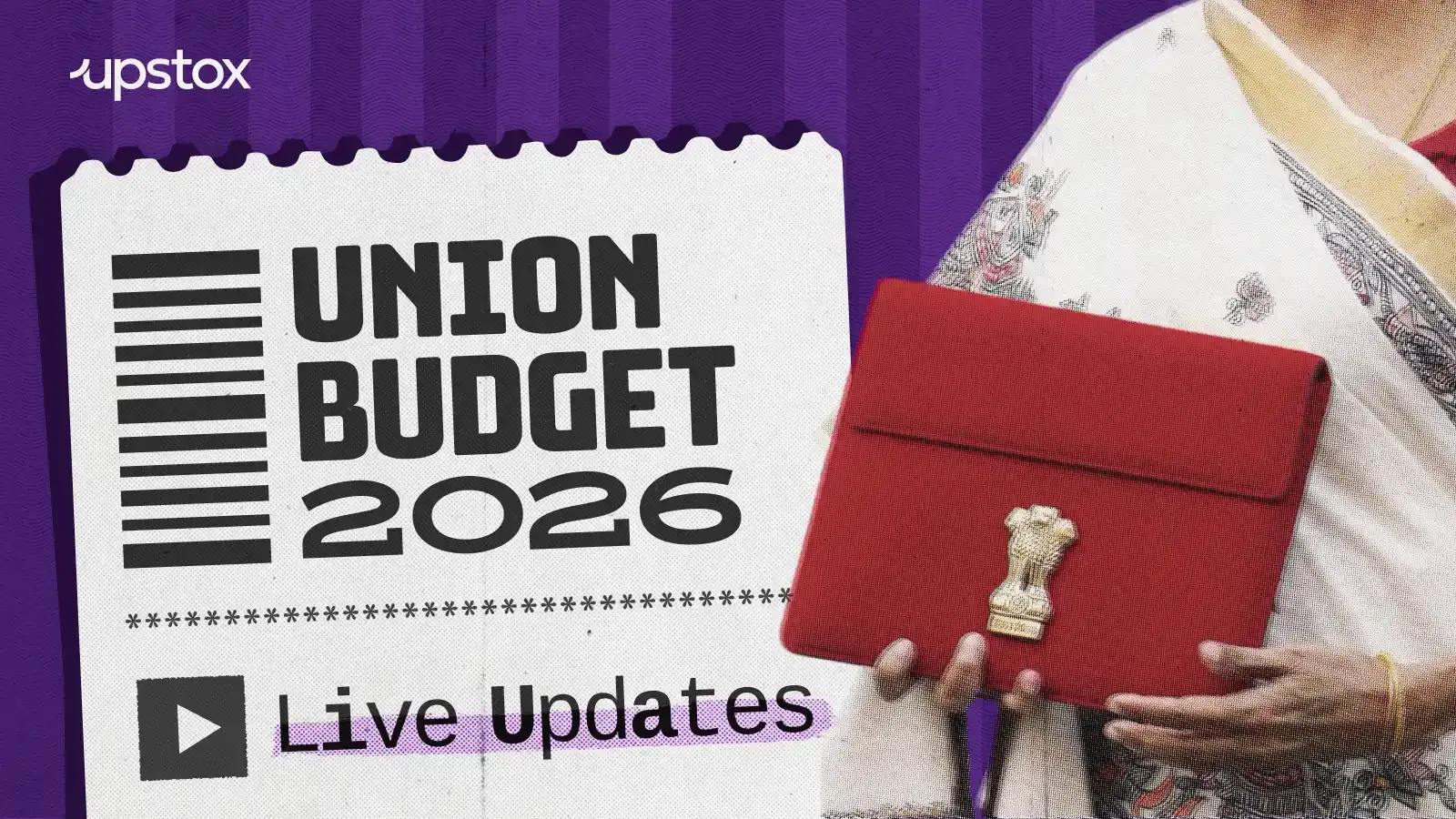Business News
IndiGo, Japan Airlines to codeshare from Dec 16: What does it mean for flyers? How does it benefit?

4 min read | Updated on November 26, 2024, 12:36 IST
SUMMARY
Interglobe Aviation Ltd (IndiGo) and Japan Airlines (JAL) are all set to commence their codeshare partnership next month, offering a wider network and hassle-free travel options to their passengers.

IndiGo clocked its highest on-time performance at 71.9%, during the month of October, from the four metro airports
IndiGo, India’s biggest airline with a market share of 63.3%, and Japan Airlines (JAL), one of the biggest airlines in Japan and worldwide, are set to launch their codeshare partnership starting December 16. The partnership will allow the Japanese carrier to access 18 destinations in India, the companies said in a joint statement on Monday, November 25.
Shares of Interglobe Aviation Ltd (IndiGo) on Tuesday opened 0.7% up at ₹4,274.50 as compared to the previous close of ₹4,244.50 on the NSE. Shares of the company climbed by over 1% to reach an intraday high of ₹4,292 during the morning session.
What is a codeshare partnership?
Codesharing allows two or more airlines to sell seats on the same flight under their own airline designators and flight numbers to expand their network without adding additional flights. It basically allows an airline to book its passengers on its partner carriers, making travel accessible to several destinations.
Stronger bilateral ties between the countries
This new agreement will enable JAL to establish a robust network across India, allowing passengers to visit various major cities via flights operated by JAL, as per the statement.
Currently, JAL operates daily services between Tokyo (Haneda Airport) and Delhi, as well as five times weekly services between Tokyo (Narita Airport) and Bengaluru.
IndiGo and JAL will begin codesharing on domestic flights in the country that connect JAL-operated flights to and from Delhi and Bengaluru.
"This codeshare agreement will further strengthen business, trade and tourism-related travel between India and Japan. It will also enable passengers of both airlines to explore some of the most culturally rich destinations in India and Japan," said Abhijit DasGupta, Senior Vice President, Network Planning and Revenue Management at IndiGo.
The codeshare partnership will result in strengthening bilateral ties between the countries, DasGupta added, terming it as an extension of IndiGo’s commitment to offering affordable, efficient and hassle-free travel.
Initially, the partnership will allow JAL to expand its connectivity to India, the statement said. In the later stages, it will offer IndiGo passengers diversified travel options on JAL’s network, both domestic and international, it added.
"This partnership will enable travellers between India and Japan to book their flights on a single ticket, enjoying the exceptional services of both IndiGo and Japan Airlines. India has seen remarkable economic growth in recent years, which is leading to a significant increase in air travel demand between Japan and India," said Ross Leggett, Managing Executive Officer, Senior Vice President, Route Marketing at Japan Airlines.
Leggett added that the agreement will contribute to the market by offering customers more convenient and comprehensive travel with better connectivity with the two countries, fostering stronger cultural and economic ties.
IndiGo market share and performance
According to DGCA's monthly data, India’s domestic air passenger traffic increased from 1.36 crore YoY in October from the previous 1.26 crore, marking a 5.3% growth. During October 2024, IndiGo carried 86.40 lakh passengers, capturing a market share of 63.3%.
Tata Group’s Air India and Vistara followed with 26.48 lakh and 12.43 lakh travellers, respectively.
IndiGo, according to DGCA, clocked its highest on-time performance at 71.9%, during the reporting period, from the four metro airports (Delhi, Mumbai, Bengaluru and Hyderabad).
In the second quarter of the current fiscal year (Q2 FY25), IndiGo reported a net loss of ₹986.7 crore, a major fall from the ₹188.9 crore profit posted in the same quarter last year and ₹2,728.8 crore profit reported in the previous quarter (Q1 FY25). The company’s earnings before interest, taxes, depreciation, and rent costs (EBITDAR) also decreased by 0.5% YoY to ₹2,434 crore.
The company's shares have performed well this year, increasing by 40% so far. However, the stock has declined significantly from its 52-week high of ₹5,035 in September.
By signing up you agree to Upstox’s Terms & Conditions
About The Author
Next Story

